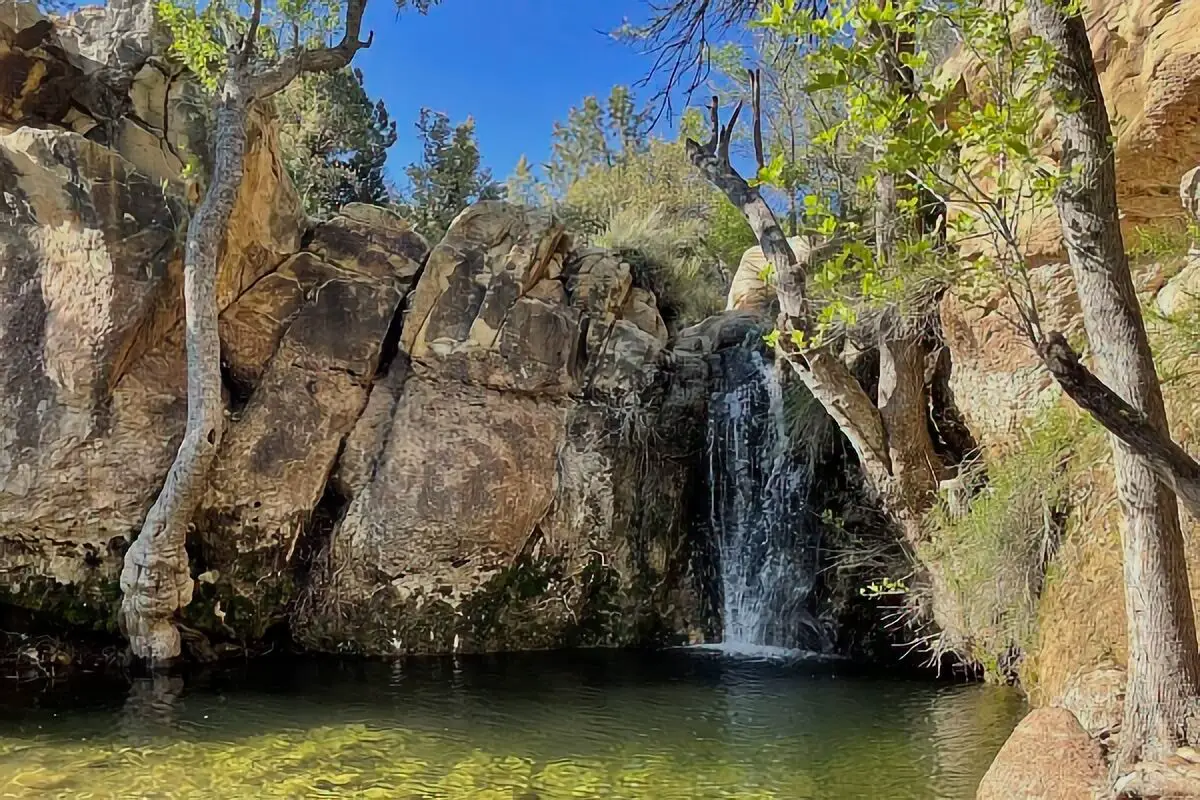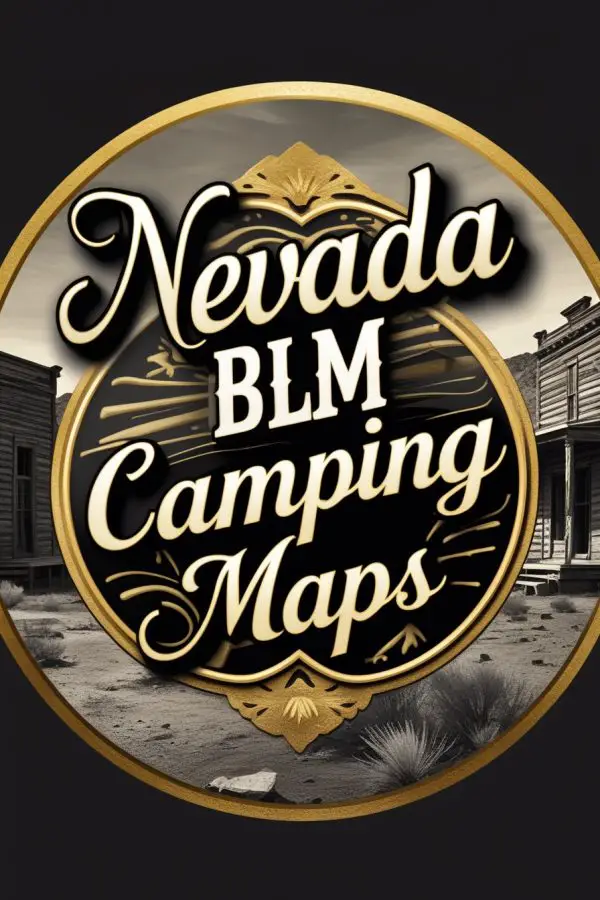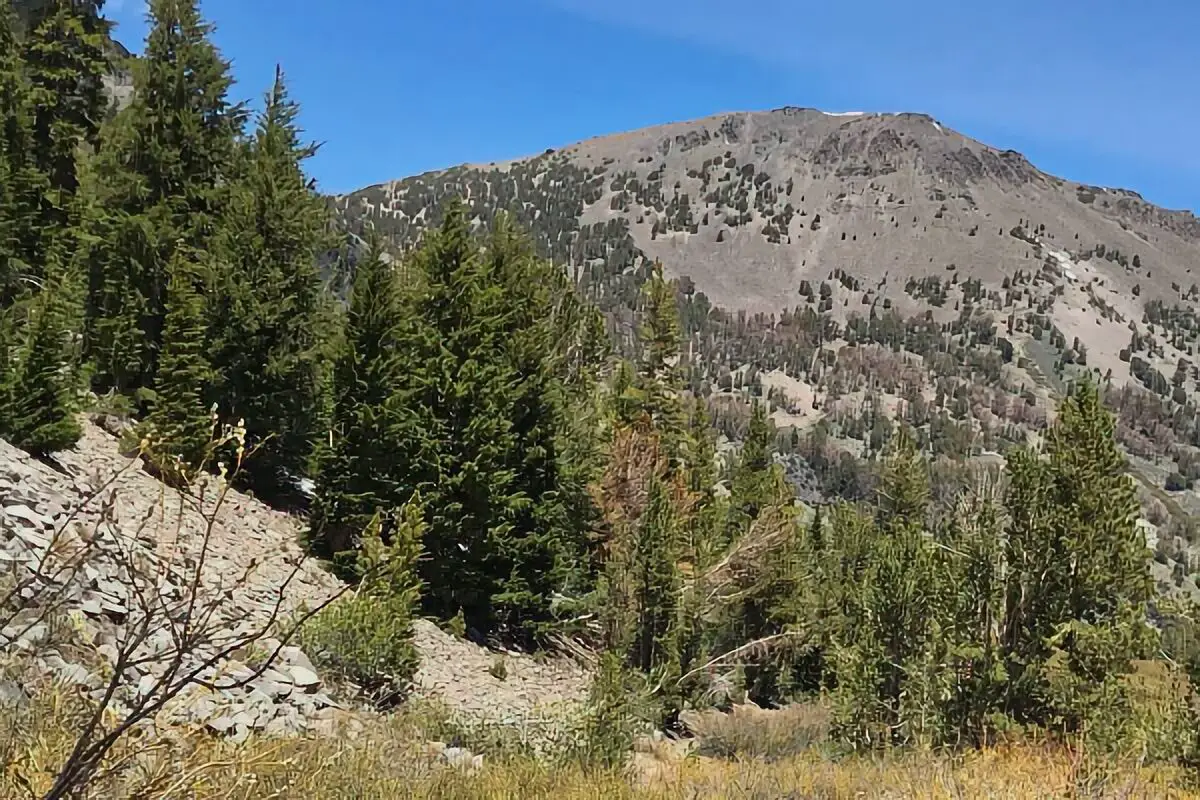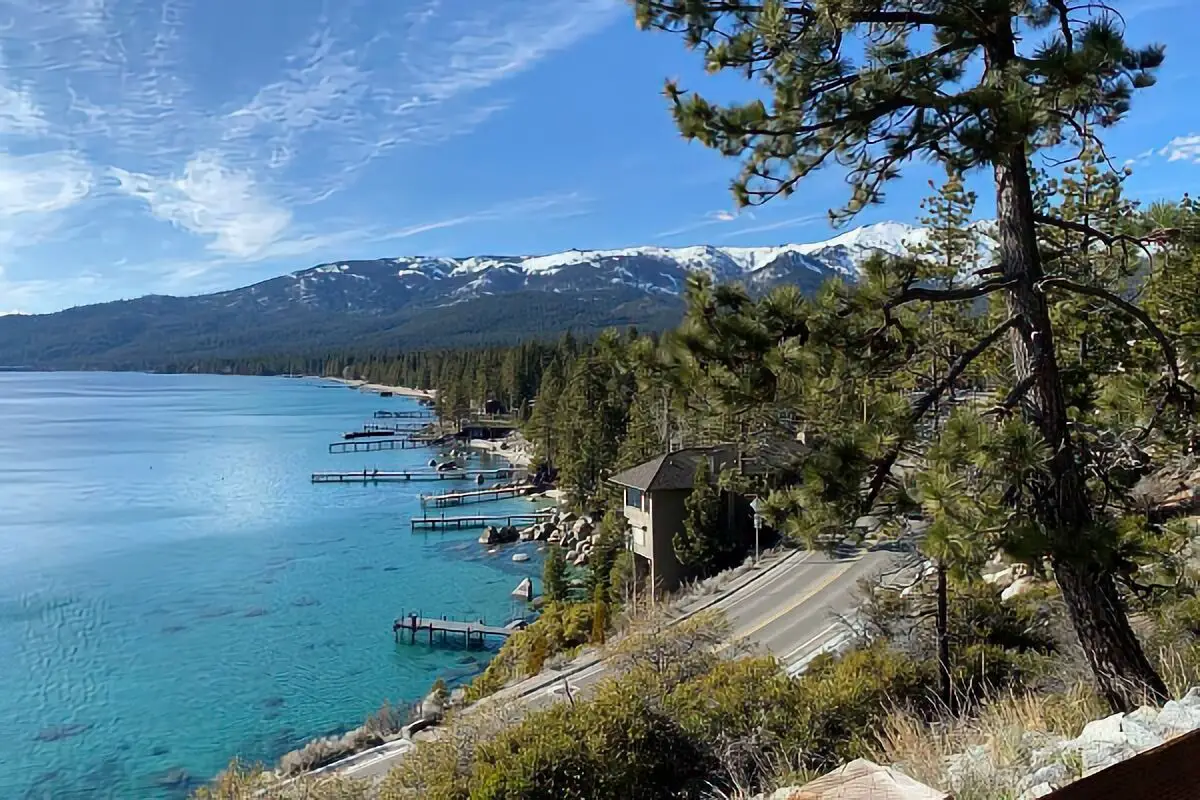Camping in Nevada can feel like you’ve been handed the keys to the largest backyard in America. With nearly 48 million acres of BLM land, you can pitch a tent under wide desert skies, tuck into a canyon, or park your rig next to a mountain view without worrying about crowded campgrounds.
The Nevada BLM camping map shows you exactly where you can set up camp, whether you want free dispersed sites or developed campgrounds with a few extra comforts.
You won’t find neon signs pointing the way, but the map makes it easy to spot legal camping areas, trailheads, and recreation spots. It saves you from guessing if that dusty pullout is a perfect campsite or someone’s private driveway.
With the right map in hand, you can skip the confusion and spend more time deciding whether to roast marshmallows or just eat the chocolate straight from the bag. Using the map also helps you plan for the quirks of Nevada’s backcountry—like long stretches with no gas stations, cell service, or bathrooms.
It’s your guide to staying on legal routes, finding water-friendly campgrounds, and avoiding awkward moments like stumbling into a closed-off area.

Understanding the Nevada BLM Camping Map
You can use the Nevada BLM camping map to figure out where you can camp, where you can’t, and whether you need to pay. Some maps show free dispersed sites, while others highlight developed campgrounds with fees.
Knowing which map to use saves time, fuel, and maybe a few arguments in the car.
How to Use thr BLM Nevada Camping Map
Think of a Nevada BLM camping map as your cheat sheet for Nevada’s wide-open spaces. Instead of guessing where you can park your tent or RV, you can zoom in and see the exact areas open to camping.
Most interactive maps let you click on symbols. For example:
- Red circles = dispersed camping (free, but no bathrooms).
- Gray tent icons = developed campgrounds (not free, but you get things like picnic tables).
You can also filter the Nevada BLM camping map by recreation areas, roads, and trails. This helps you avoid pulling into a “No Camping” zone and getting a surprise visit from a ranger.
Pro tip: download maps before you leave cell service, because Nevada has more dead zones than your old flip phone.
Types of Maps Available
Not all maps are created equal, and BLM has a few flavors for you to choose from. Interactive online maps are the most user-friendly, letting you explore campsites, trails, and roads with a few clicks.
If you like paper, ranger stations hand out Motor Vehicle Use Maps (MVUMs) for free. These show which roads are open to vehicles and where dispersed camping is allowed.
There are also BLM recreation maps that highlight campgrounds, trailheads, and other facilities. Each type has a different purpose, so you’ll often need more than one.
Think of it like cooking: you wouldn’t use a butter knife for steak, and you shouldn’t use a road atlas to find a backcountry campsite.
Finding Public Lands for Camping
Nevada has more BLM-managed land than almost any other state, which means tons of space for camping. Most of it allows dispersed camping, but you need to know where the boundaries are.
That’s where the Nevada BLM camping map come in. Interactive Nevada BLM camping map and apps like the BLM Recreational Opportunities Web Application let you see which lands are open.
They also mark restricted zones, such as wildlife areas or special permits-only sections. When you zoom in, you’ll notice clear differences between public lands and private property.
This keeps you from accidentally setting up camp in someone’s backyard. With a good map, you can find legal, scenic, and often free places to camp without hassle.

Essential Tips and Activities for BLM Camping in Nevada
Camping on Nevada’s BLM lands gives you wide-open spaces, free campsites, and plenty of room to stretch your legs. You’ll need to know the rules, stay safe with campfires, and plan for outdoor fun like hiking, fishing, and biking.
Some areas, like Lake Mead, have their own special guidelines.
Camping Rules and Passes
You can camp for free on most BLM land in Nevada, but don’t get too comfy—there’s a 14-day stay limit within a 28-day period. After that, you need to move at least 25 miles away.
Developed campgrounds may charge a fee, usually under $20 per night. Some accept the America the Beautiful Pass, which can save you money if you camp often.
Commercial or group activities may require a Special Recreation Permit (SRP). If you’re planning a yoga retreat for 50 people with goats (hey, it’s Nevada), you’ll need to check with the local field office.
Always camp on durable surfaces like existing clearings or gravel pads. Parking your RV in the middle of a meadow might look cool, but it’s not allowed.
Fire Restrictions and Safety
Fires are fun until they’re not. Nevada often has seasonal fire restrictions, especially during hot, dry summers.
This can mean no campfires, no charcoal grills, and sometimes even limits on stoves. When fires are allowed, use existing fire rings and never leave flames unattended.
A bucket of water and a shovel are not optional—they’re your fire insurance policy. If you’re using a propane stove, make sure it’s on a stable surface.
A tipped-over burner can turn your dinner into a grass fire. Check the BLM Nevada fire restriction page before you go.
Rules can change quickly if conditions get risky.
Outdoor Recreation: Hiking, Fishing, and Mountain Biking
Nevada’s BLM lands aren’t just for pitching a tent. You can lace up your boots for trails through desert canyons, alpine peaks, and wide valleys.
Popular hikes include Red Rock Canyon and the Ruby Mountains. Fishing spots are scattered across reservoirs and streams.
Bring a Nevada state fishing license if you want to reel in trout or bass. Rangers don’t accept “but I thought it was free” as an excuse.
Mountain bikers will find singletrack near places like Caliente and Ely. Trails range from smooth desert rides to rocky climbs.
Pro tip: bring extra water. Nevada’s sun doesn’t mess around.
Lake Mead National Recreation Area Camping
Lake Mead sits on the border of Nevada and Arizona. It offers both BLM-style dispersed camping and developed campgrounds.
You’ll find spots for tents, RVs, and even houseboats. Some campgrounds charge fees, usually $10–$20 per night.
The America the Beautiful Pass can cover entrance fees, but not always camping costs. Keep a little cash handy.
Boating and fishing are big draws here. You’ll need a Nevada or Arizona fishing license depending on where you cast your line.
Dispersed camping is allowed in certain areas around the lake. You must follow Leave No Trace rules—pack out your trash, even if it’s just a sad half-burnt marshmallow.

Helpful Boondocking Information Links
Bureau of Land Management
Recreation.Gov
National Park Service
Over 10,000 Free Boondocking Locations
Boondocking Recipes for 1000’s Of Camping Meals
Leave No Trace
State Specific Information Links
Nevada Park Service
Nevada Fish and Game
Department of Natural Resources

Nevada BLM Camping Map FAQ
Where can visitors find a Nevada BLM Camping Map?
A Nevada BLM Camping Map is available from Bureau of Land Management offices and online BLM resources.
What information does a Nevada BLM Camping Map include?
A Nevada BLM Camping Map includes locations of campgrounds, dispersed camping areas, and public land boundaries.
Is a Nevada BLM Camping Map free?
A Nevada BLM Camping Map is generally free when obtained from BLM field offices or websites.
How can a Nevada BLM Camping Map help campers?
A Nevada BLM Camping Map helps identify legal camping areas and road access points across public lands.
What regions are covered by a Nevada BLM Camping Map?
A Nevada BLM Camping Map covers the entire state, with detailed maps available for individual districts.

You must be logged in to post a comment.